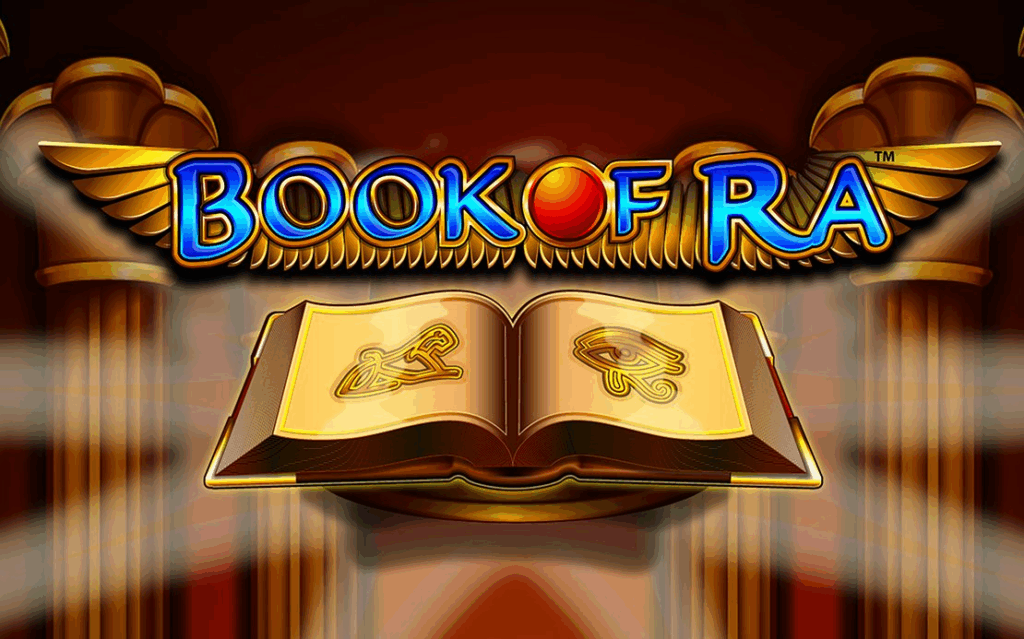
Sports and gambling have long been intertwined, and literature on these subjects reflects their shared evolution. From historical sports records to modern analytical works, sports books often serve as a gateway into understanding how probability, competition, and human behavior interact. Parallel to this, gambling literature offers insight into risk-taking, strategic thinking, and decision-making under uncertainty.
The intersection of sports books and casino culture illustrates how entertainment, analysis, and psychology merge. Readers exploring this field encounter not only factual data and strategy but also the human fascination with chance.
The Relationship Between Sports and Gambling Literature
The link between sports and gambling literature emerged when bookmakers began publishing statistical analyses and event predictions. These publications evolved into a hybrid genre combining sports journalism, betting theory, and mathematical modeling.
Modern sports books casino materials go beyond entertainment—they present readers with data-driven perspectives on performance and probability. In academic and journalistic contexts, such works help decode how statistical insights shape both sports fandom and wagering behavior.
Early Gambling Narratives in Sports Culture
In the early twentieth century, sports journalism occasionally intersected with gambling. Articles on horse racing, boxing, or football began integrating betting odds and outcome projections. These reports laid the groundwork for more formal sports gambling book publications in later decades.
The cultural impact of this literature extended beyond gaming. It contributed to a better understanding of sports dynamics, psychology, and the broader economic implications of betting.
Sports Books Casino as a Modern Genre
In recent years, the concept of sports books casino has evolved to represent a broader analytical field. Rather than simply depicting gambling as entertainment, authors often explore its strategic, mathematical, and ethical dimensions.
Such works appeal not only to enthusiasts but also to academics, psychologists, and statisticians interested in human decision-making and behavioral economics. By analyzing the frameworks behind betting markets, these books illustrate how technology and data influence predictions and outcomes.
Gambling Books and Analytical Insights
The gambling book genre addresses both theoretical and practical aspects of wagering. Authors often discuss risk management, expected value, and the balance between logic and intuition. Many contemporary works bridge the gap between casino game analysis and behavioral research.
Sports Gambling Books and Betting Theories
A sports gambling book often explores probability models, bankroll management, and the concept of value betting. Instead of focusing solely on the act of gambling, such books analyze patterns of decision-making and statistical modeling.

In an era of real-time data and predictive algorithms, these analytical publications have become resources for understanding not just how betting functions, but why people engage with it. Some books explore betting psychology, investigating motivation, overconfidence, and outcome bias—all critical to both professional and casual bettors.
The Evolution of Gambling Books in the Digital Era
Digital transformation has redefined gambling literature. With eBooks, online databases, and simulation-based studies, authors can now incorporate real-time statistics, interactive models, and cross-platform tools.
This shift has made modern gambling books more data-centric, offering an experience that combines research with practical observation. Many online communities use such materials to compare game mechanics, betting probabilities, and strategic frameworks.
Casino Games in Modern Gambling Literature
Casino-themed literature often delves into mathematical principles behind game design and outcome prediction. It also examines the cultural and emotional aspects of casino experiences—from the allure of chance to the tension of decision-making under uncertainty.
Book of Ra Magic Free Play — Cultural Impact and Game Concept
One example of how gaming culture merges with literature and analysis is Book of Ra Magic Free Play. Originating as a popular slot game, it has also become a case study for understanding risk-reward mechanics and narrative-driven game design.
The title blends mythology with probability, symbolizing how games can be both analytical and immersive. In academic discussions, Book of Ra Free Play is sometimes used to illustrate how randomness, visual storytelling, and user engagement coexist within gambling systems.
Storytelling and Symbolism in Casino Narratives
Beyond strategy, casino literature frequently employs metaphor and storytelling. Games like roulette or blackjack are not just subjects of mathematical analysis—they also represent broader human themes such as fate, control, and uncertainty.
Writers often use casino settings to explore human nature, illustrating how luck and calculation coexist in complex behavioral contexts.
The Role of Reviews and Analytical Platforms
Analytical reviews have become crucial to understanding gambling platforms and casino environments. They provide structured assessments of operational transparency, user interface, and gameplay diversity.
Leon Casino Review — A Case Study in Casino Analysis
A Leon Casino review typically focuses on evaluating the structure and organization of the platform rather than promoting it. Within the analytical framework, Leon Casino is often cited as an example of how online systems integrate traditional game formats—such as poker, blackjack, and roulette—with digital accessibility.
Analysts may examine technical aspects, such as performance stability, fairness algorithms, and user segmentation. The purpose of such reviews is to study market patterns and how user interaction evolves in the context of technological change.
Leon Casino is also occasionally referenced in comparative analyses that address how online operators adapt traditional casino games for digital platforms. This approach situates Leon Casino as a relevant case within the broader study of online gambling infrastructure and user behavior.
Sports, Strategy, and Reading Culture
The analytical connection between sports, strategy, and gambling extends to reading habits. Many readers approach sports books and casino-related texts not as entertainment, but as studies in logic, mathematics, and behavioral insight.
Educational Value of Sports and Gambling Literature
Sports and gambling literature often bridge entertainment with education. Readers learn to interpret odds, analyze variance, and evaluate patterns. While such knowledge is primarily theoretical, it helps explain how probability and statistics influence real-world decisions.
In this context, sports books casino and sports gambling book genres encourage a deeper understanding of how uncertainty can be approached scientifically.
The Future of Sports Books and Casino Content
Technological progress continues to reshape both the sports and gambling sectors. Artificial intelligence, machine learning, and blockchain are redefining how predictions, payments, and fairness are perceived in gaming ecosystems.
From Reading to Simulation — The Next Step in Learning
Interactive simulations and analytical tools now allow readers to apply theoretical knowledge. Some modern platforms enable users to test probability models or simulate strategic decision-making scenarios.
Titles such as Book of Ra illustrate how entertainment can overlap with analysis and education. Similarly, platforms examined in reviews, including LEON Сasino, highlight the importance of digital accessibility and transparent game mechanics.
As the boundaries between reading, gaming, and analysis blur, gambling-related content increasingly reflects a balance between intellectual curiosity and technological innovation.
Conclusion
Sports books and gambling literature together form a dynamic field that blends analysis, culture, and probability. From classic sports gambling books to modern casino-themed narratives, this genre continues to evolve alongside technology and behavioral research.
Publications and reviews—such as those analyzing Leon Casino—contribute to understanding how traditional games adapt within the online environment. Meanwhile, titles like Book of Ra showcase how cultural storytelling and probability theory intersect in both gaming and literature.
Ultimately, this body of work represents a critical perspective on human interaction with risk, data, and decision-making—core elements that define the modern betting and gaming landscape.
